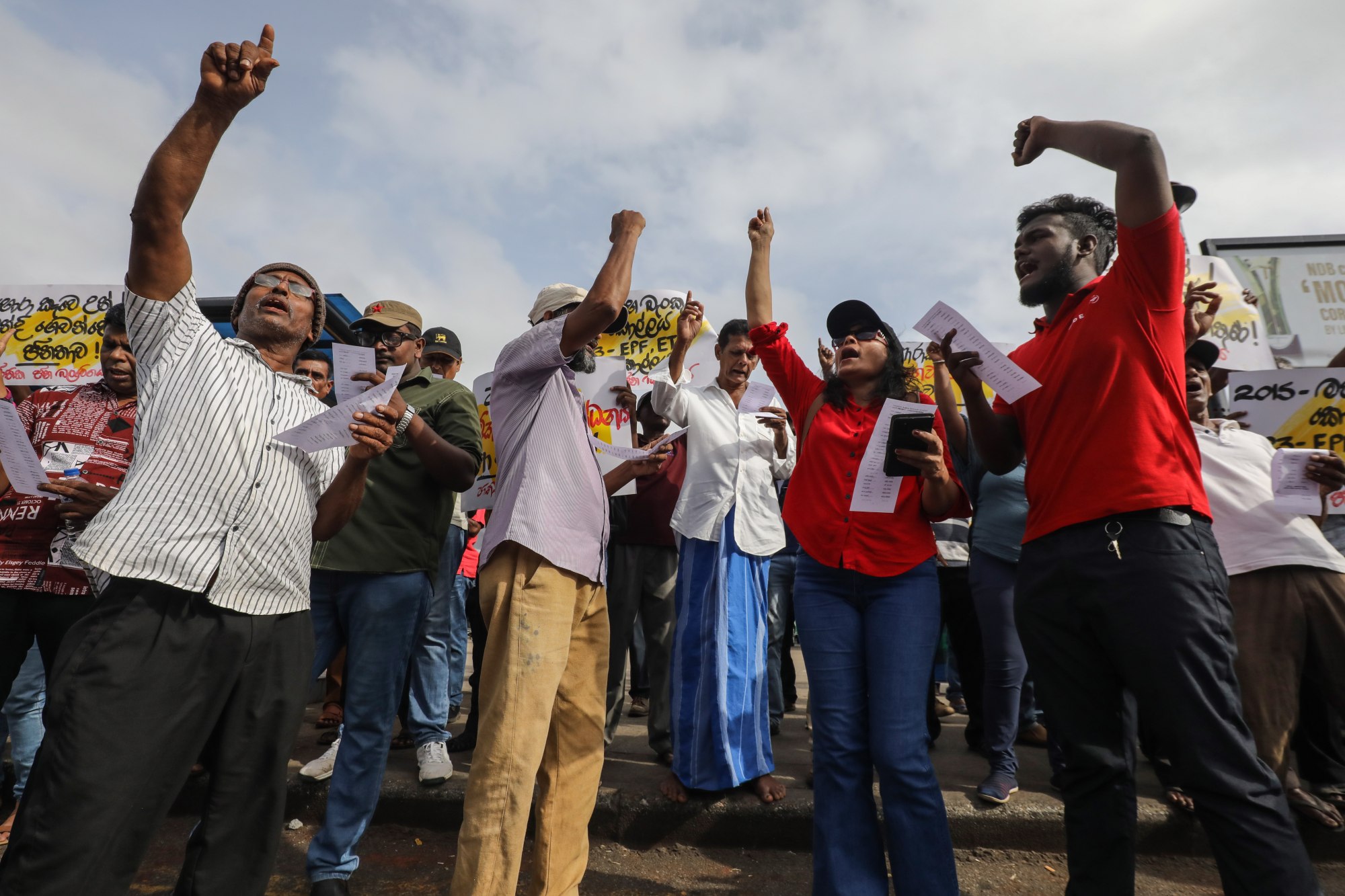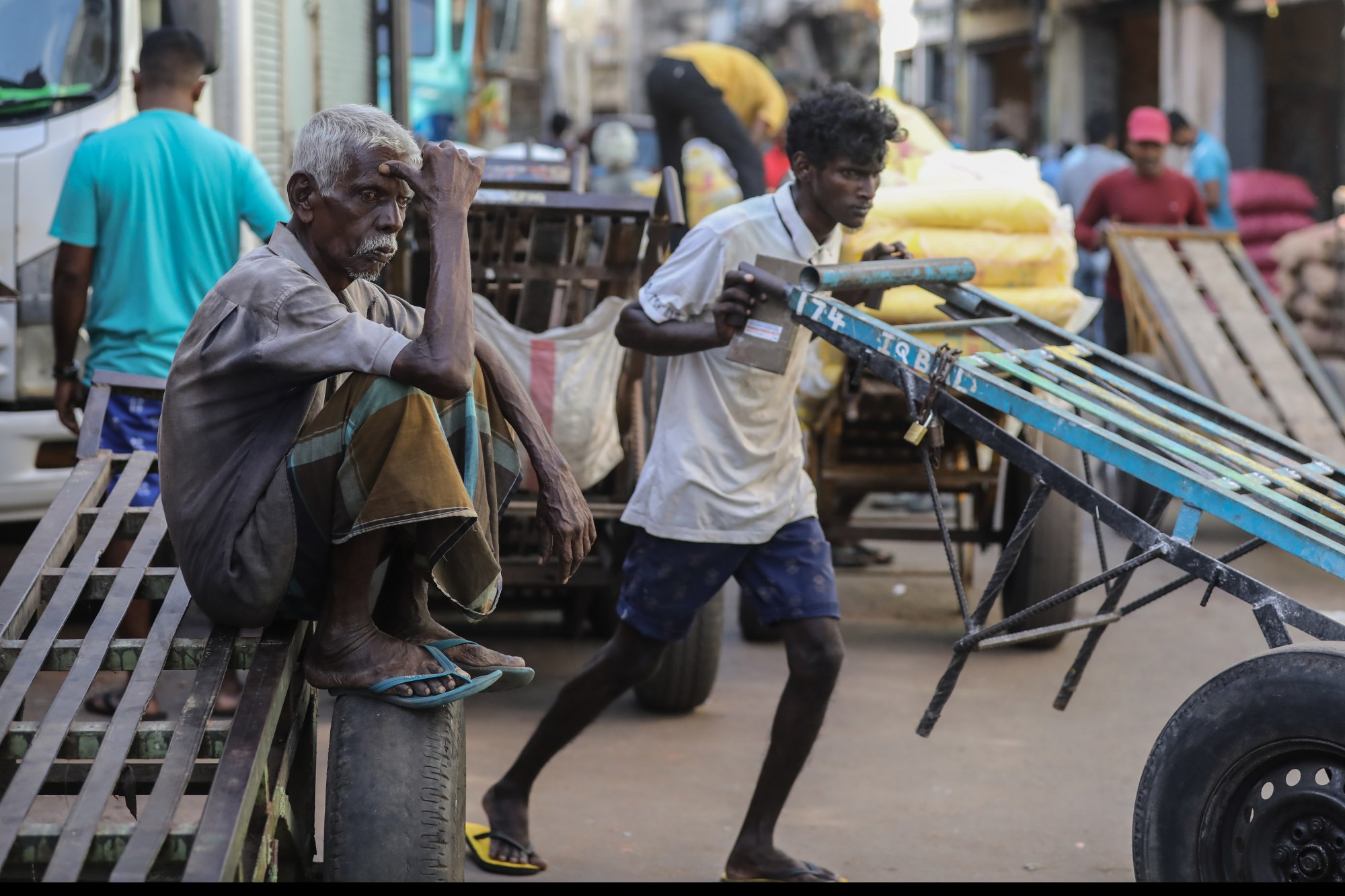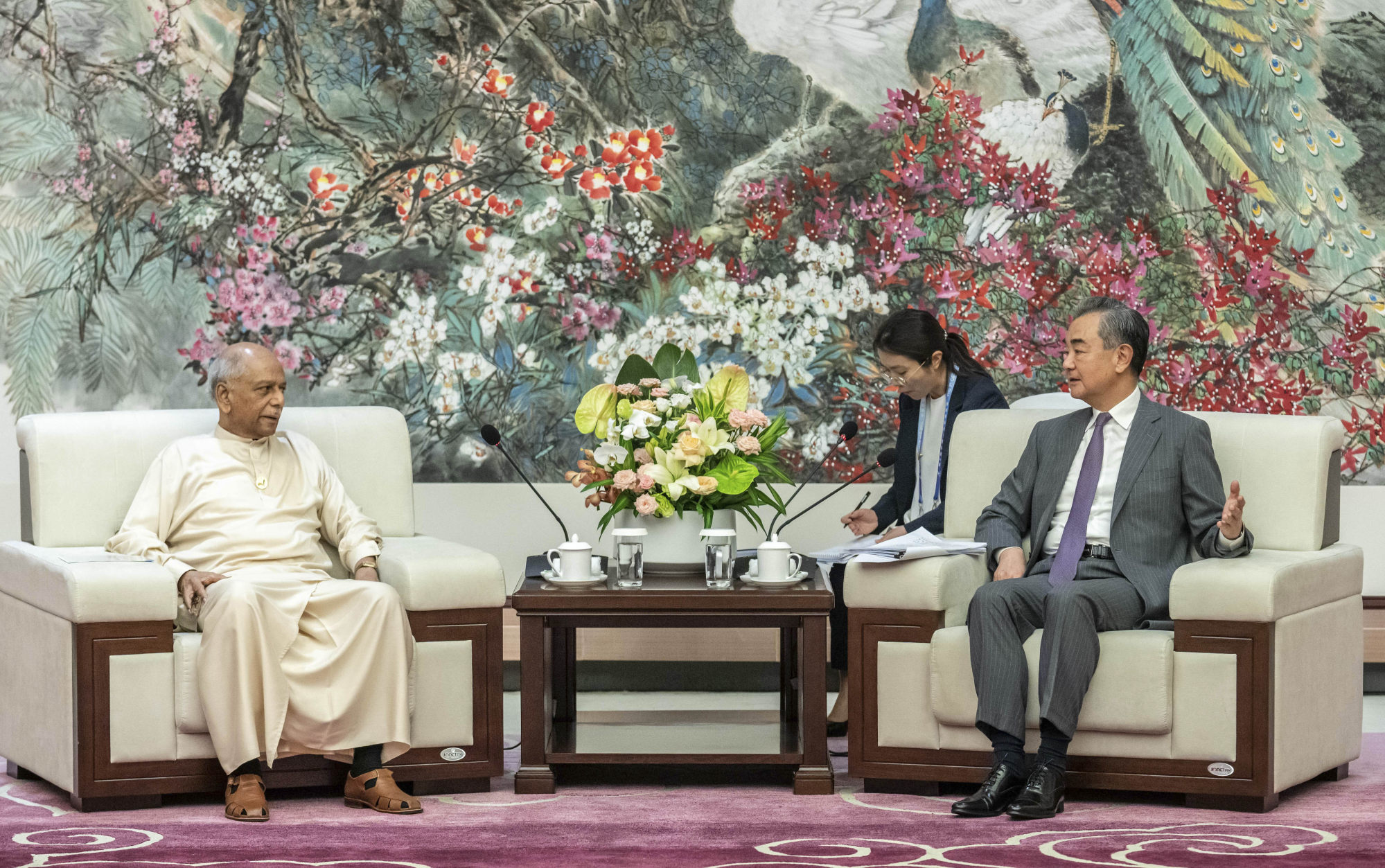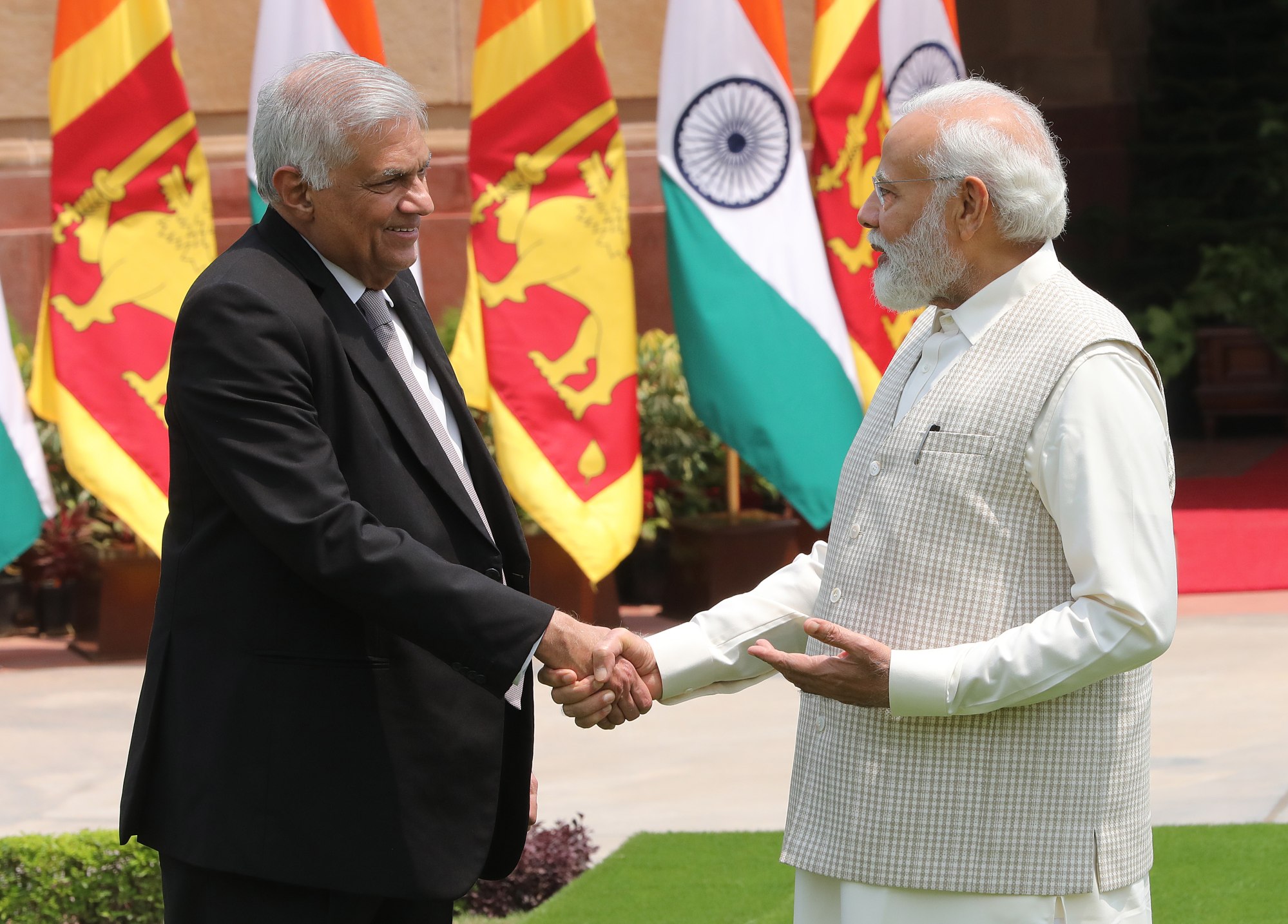
“Sri Lanka not only is in a difficult position economically, but the situation has been compounded by an increasingly stressed regional environment due to strategic competition between large powers,” said Nilanthi Samaranayake, a visiting expert at the United States Institute of Peace.
Macron’s trip is an indication of Paris’ desire to be viewed as an alternative to the other powers, said Mathieu Droin, a visiting fellow at the Centre for Strategic and International Studies’ (CSIS) Europe, Russia and Eurasia Programme.
“France also wants to propose a third way, or an alternative to the binary choice between China and the West or US; it wants to be a balancing power,” Droin said.
He added that the French message to countries like Sri Lanka was that “countries should not have to choose or pick sides if they don’t want to”.
Sri Lanka’s ties with France go way back, having received French assistance since the devastating tsunami in 2004.
In May, Expertise France, which forms a part of AFD, worked alongside the European Union to launch a “Green Policy Dialogue Facility” in Sri Lanka to help it develop “a green and a circular economy and ensure its long-term macroeconomic stability”. The AFD, EU and World Bank also approved a US$10.6 million grant to strengthen Sri Lanka’s management of public finances in July.
Sri Lanka owes US$7.1 billion to bilateral creditors, according to official data from its government, with US$3 billion owed to China, followed by US$2.4 billion to the Paris Club and US$1.6 billion to India.

The government also needs to renegotiate more than US$12 billion of debt in eurobonds with overseas private creditors, and US$2.7 billion on other commercial loans.
In April this year, France, working alongside India and Japan, also announced a common platform for Sri Lanka’s creditors to coordinate and help Colombo restructure its debt.
Meanwhile, stronger economic ties with Paris could help Colombo boost its finances in the future, Samaranayake said. “Sri Lanka will need to drive up exports to generate sources of foreign currency and climb out of its economic crisis. The European Union’s Generalised System of Preferences Plus is critical for aiding Sri Lanka’s market access,” she said, adding that France could facilitate this by addressing any EU concerns.

Eye on China
France has called the Indo-Pacific a “priority”, but it is “a bit late to the party” considering that other countries including the US, Japan and India have been actively expanding their influence in the region, Droin of CSIS said.
“The intent of Macron’s visit was to make up for the lost time and keep up with these big powers,” Droin said. “This visit signalled a shift in the French approach to the region.”
France, due to its [Indo-Pacific] territories, is in a very good position to observe increased Chinese assertiveness
In her testimony before the US House of Representatives in April, Darshana Baruah, Carnegie Endowment fellow with the South Asia Programme, said China is the sole major player with an embassy in each of the six island-states in the Indian Ocean – Sri Lanka, Maldives, Mauritius, Seychelles, Madagascar and Comoros. It has been making naval deployments to counter piracy in the Gulf of Aden, and its military ships are regularly spotted in the Indian Ocean region.
Droin said Beijing’s actions were especially alarming for Paris.
“China was an important factor [driving] the visit. France, due to its territories [in the Indo-Pacific], is in a very good position to observe increased Chinese assertiveness, especially in the South Pacific,” he said, referring to Reunion, French Polynesia and New Caledonia.
The India factor
In the last couple of years, India has provided Sri Lanka about US$4 billion in assistance, through credit lines, currency swap agreements and deferred import payments. Sri Lankan Parliamentary Speaker Mahinda Yapa Abeywardena last month said New Delhi’s aid “had saved” Colombo from a “bloodbath” in the financial crisis.

Yet, analysts say there is growing discomfort in Sri Lanka at its growing reliance on India.
“There are some calls in Colombo to have a more robust engagement with India, but that does not mean India will be the only player Sri Lanka wants to depend on,” said Aditya Gowdara Shivamurthy, a junior fellow with the New Delhi-based Observer Research Foundation’s Strategic Studies Programme.
“Indian aid has definitely helped Sri Lanka, but it has also created a sense in Colombo that it has to be more sensitive to India’s security interests and Indian concerns. It can’t take India for granted as it did,” Shivamurthy added.
Sri Lanka is not operating primarily from a position of strength, so it seeks more partners than fewer
Analysts said growing engagement with Paris would help ease Colombo’s dilemma.
France has also been keen to boost its maritime presence in the region, where Sri Lanka is emerging as a key player thanks to its strategic location. In the last two months, two French naval ships visited the port of Colombo for resupply activities.
Shivamurthy, ORF junior fellow, said the three strategically located Sri Lankan ports of Colombo, Hambantota and Trincomalee are key for major powers looking to boost their presence in the Indo-Pacific and secure sea lines of communication.
Samaranayake agreed, saying that Macron’s meeting with Sri Lankan President Ranil Wickremesinghe suggested that Sri Lanka and France would collaborate on maritime safety and security, which are crucial to Sri Lanka given its location in the Indian Ocean sea lanes and “persistent” maritime security challenges.
“Sri Lanka is not operating primarily from a position of strength, so it seeks more partners than fewer,” Samaranayake said.
Scmp.com





